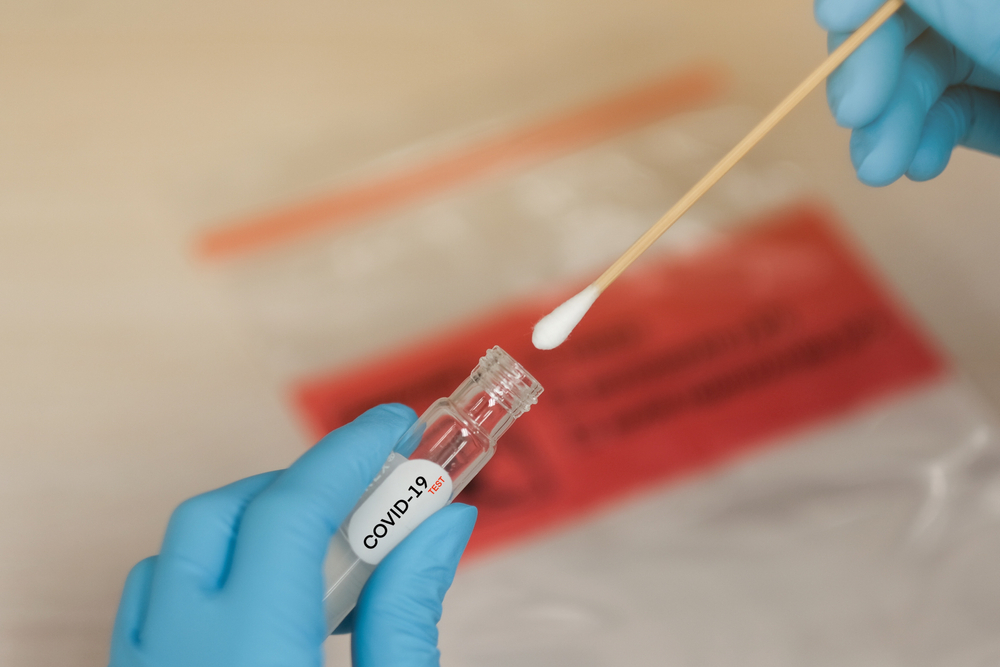Fifteen Bengal medical colleges, six of them in Calcutta, will now conduct TrueNat beta Covid tests that promise to tell within 24 hours whether a patient is likely to have been infected by the coronavirus.
A negative report would mean no infection but a positive report would call for a confirmatory test, health department officials said. This will reduce the load on existing testing centres and is expected to speed up screening.
The Indian Council of Medical Research (ICMR) has validated the use of TrueNat for coronavirus testing in India and several states, including Kerala and Andhra Pradesh, are already using it on suspected Covid-19 patients.
TrueNat is a small battery-operated machine that scans swab samples collected from the throat and nose. The machine comes with a small collection tube where the swab is put. The machine then extracts the RNA of the virus and goes on to carry out a polymerase chain reaction. The result is usually out in an hour.
Once the beta test result shows the presence of the coronavirus in the swab, the sample is sent for a confirmatory test.
Several senior virologists in Calcutta welcomed the TrueNat screening because of the quick results.
The screening test in use in the state at present — Real Time Polymerase Chain Reaction (RT-PCR) — allows 24 or 40 samples to be tested at a time but the results take two-three days to come.
“RNA extraction from the virus takes some takes three to four hours. If that is cut down, considerable time can be saved,” said a senior doctor with the School of Tropical Medicine in Calcutta.
The state government has been trying to carry out more tests across all designated testing centres over the past few days. Bengal tested 1,397 samples on Wednesday, compared to 855 on March 22.
“We have been conducting more tests by utilising staff in shifts and managing resources better,” chief secretary Rajiva Sinha said on Wednesday.










